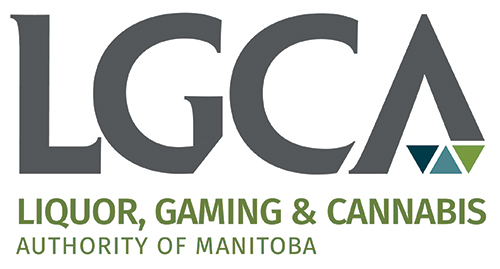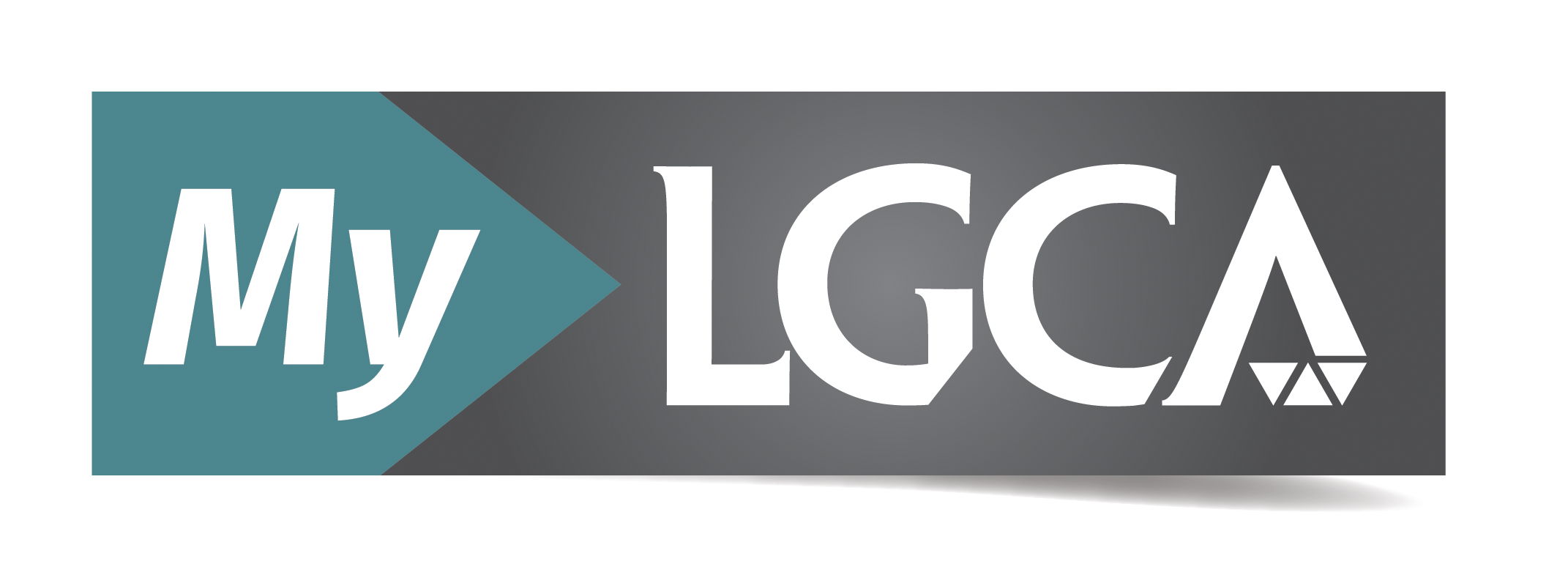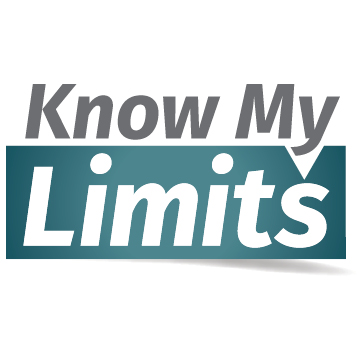The Manitoba Lotteries Foundation becomes both regulator and operator. The Manitoba Lotteries Foundation becomes responsible for operating all casinos and becomes the province’s sole distributor of lottery tickets, breakopen tickets and bingo paper. It acquires three full-time bingo facilities, which are operated on behalf of volunteer groups in Winnipeg. A unique funding system is established to promote fair and equitable distribution …
1982/83
The administration system is streamlined. The Manitoba Lotteries Foundation Actreplaces The Lotteries and Gaming Control Act. The Manitoba Lotteries Foundation replaces the Manitoba Lotteries and Gaming Control Commission and the Manitoba Lotteries and Gaming Licensing Board. Private sector involvement in charity fundraising is examined. The Private Operators in Lotteries Inquiry (Jewers Report) makes a number of recommendations involving the sale of lottery and breakopen tickets, …
1980
Control of Manitoba lotteries is brought under one roof. The Lotteries and Gaming Control Act replaces The Manitoba Lotteries Act, leading to the establishment of the Manitoba Lotteries Gaming Control Commission and the Manitoba Lotteries and Gaming Licensing Board. Early days of legalized gaming Amendments to the Criminal Code of Canada launched a new era of gaming across the nation.
1974
A national partnership begins to take shape. Manitoba joins Saskatchewan, Alberta and British Columbia in forming the Western Canada Lottery Foundation. Ontario creates the Interprovincial Lottery Corporation, which is soon federally incorporated with the western provinces. Not-for-profits embrace a new fundraising opportunity. The Red River Exhibition and Festival du Voyageur receive approval to operate casinos for the duration of their events. …
1971
The Manitoba Lotteries Act is passed. The Manitoba Lotteries Commission is created to manage government lotteries. The Manitoba Lotteries Licensing Board licenses religious and charitable organizations to operate lotteries offering prizes above $3,000, including raffles, charitable casinos and bingo events. Municipalities license schemes offering prizes below $3,000 – a practice that continues today.
1970
Manitoba holds its first lottery. The Centennial Act is passed, authorizing the Centennial Committee to conduct and manage lotteries during the 100-year celebrations.
1969
Gaming is legalized in Canada. Amendments to the Criminal Code give provinces authority to operate lotteries and casinos, and to license charitable and religious organizations to conduct lotteries.



